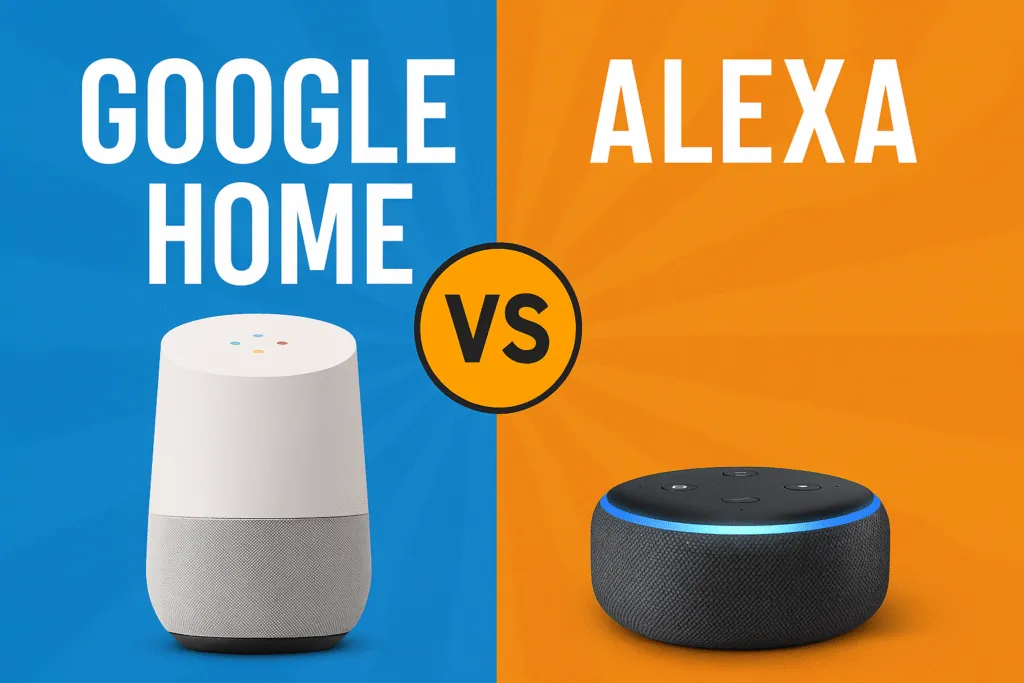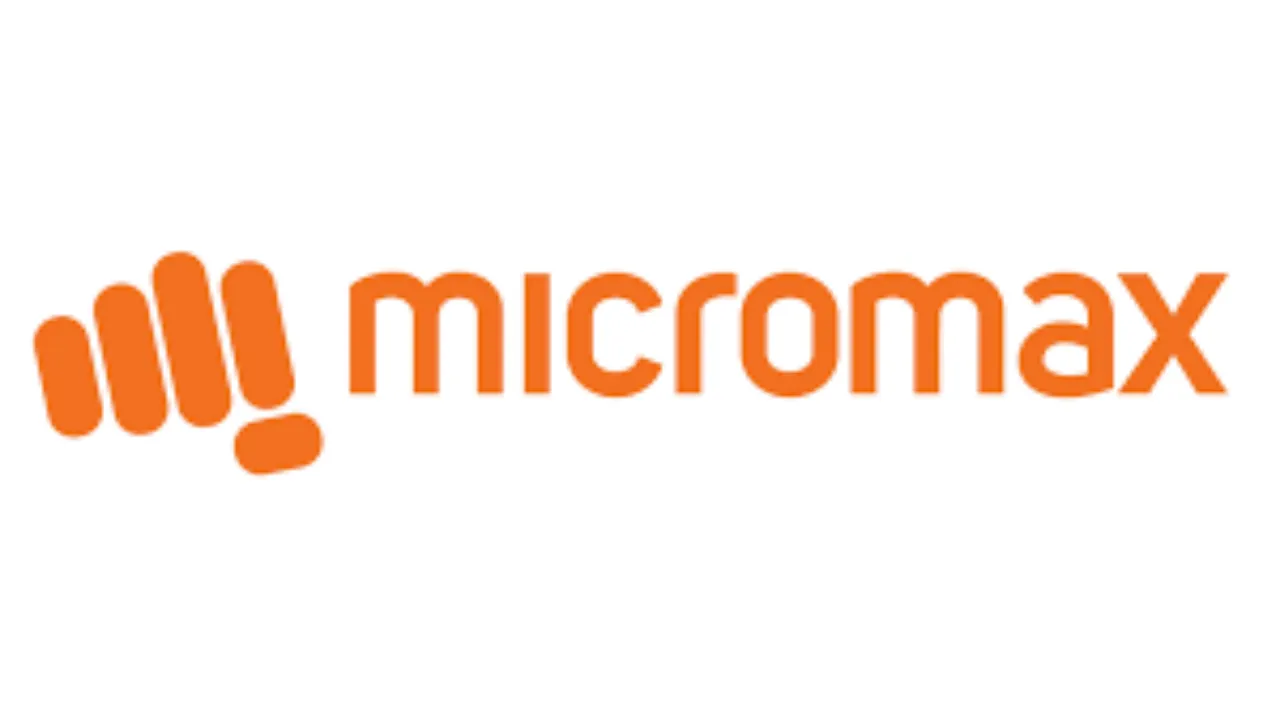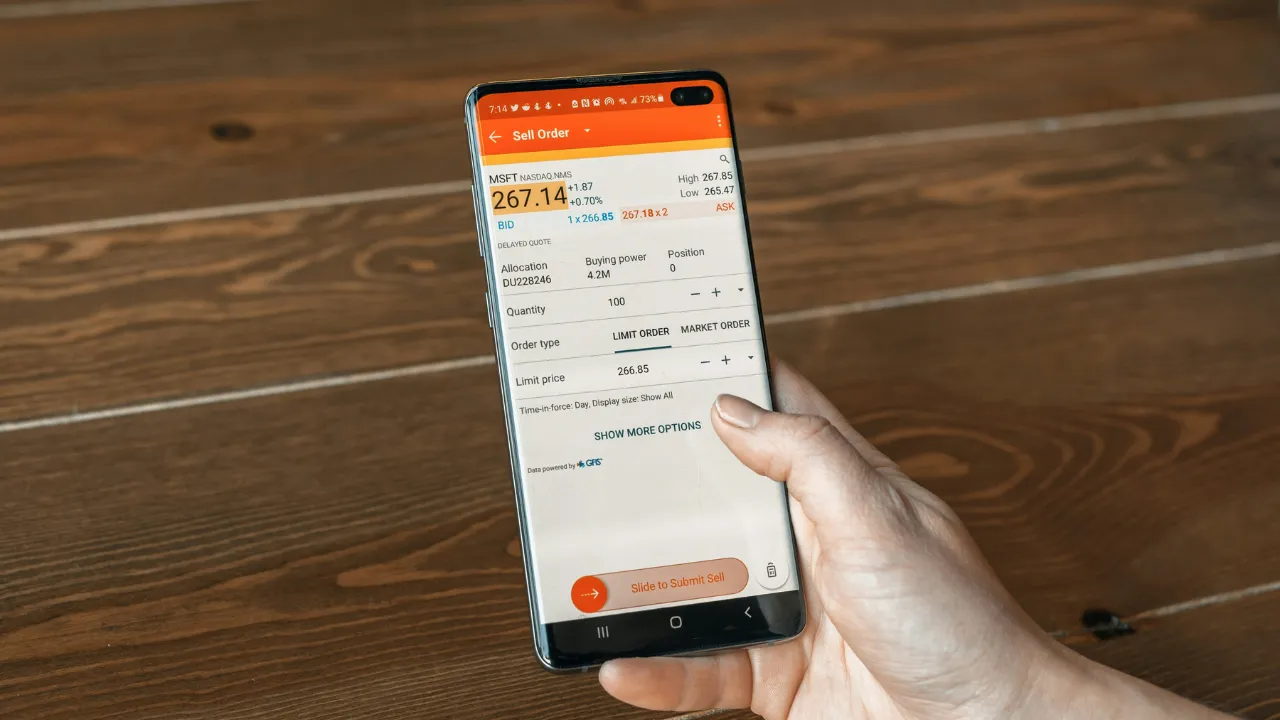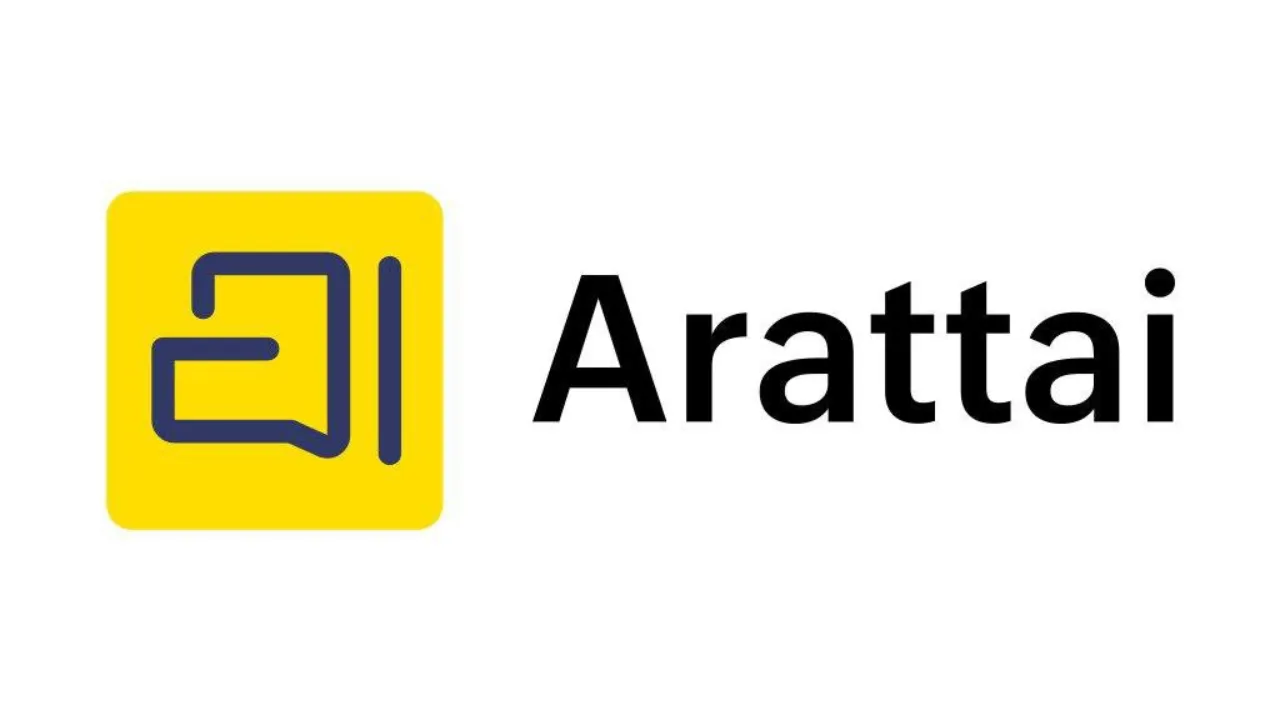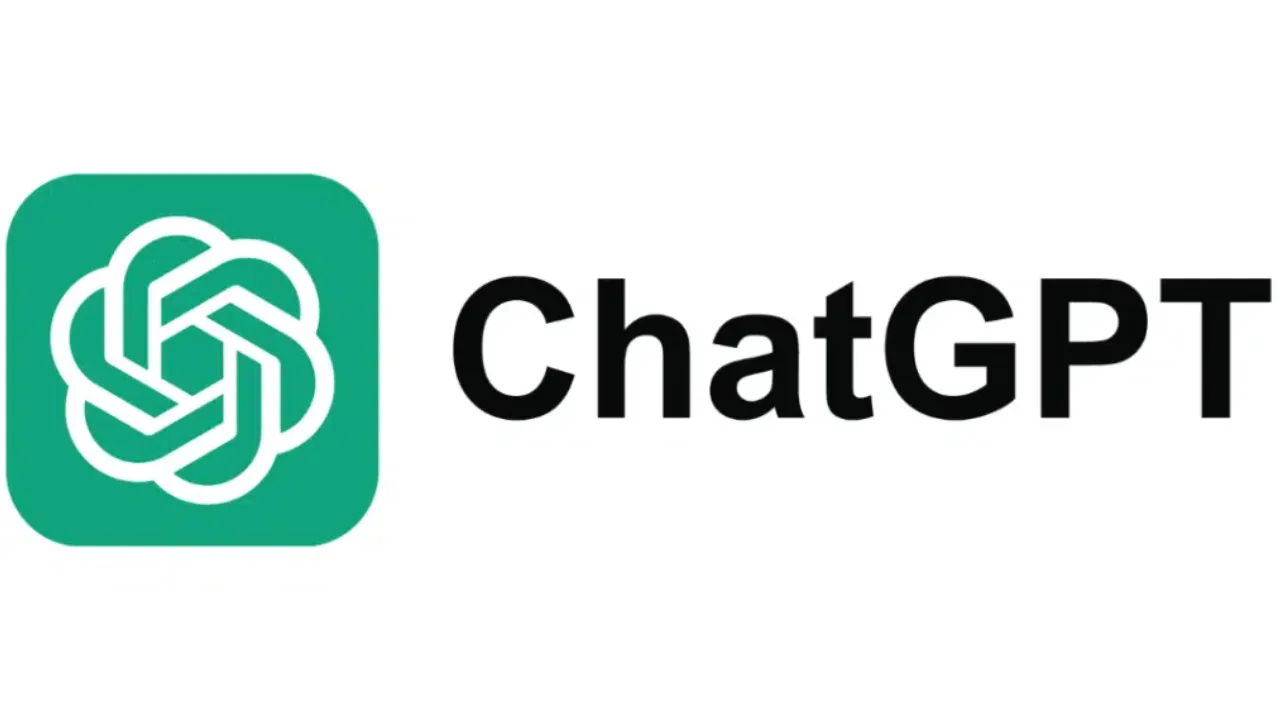Introduction – The Battle of Smart Assistants
The smart home revolution has brought with it a new kind of rivalry—Google Home vs Alexa. These two voice assistants are leading the charge in how we interact with technology using nothing but our voice. Whether you’re asking for the weather, controlling your smart lights, or playing your favorite music, smart speakers have become daily companions in many households.
Google Home, powered by Google Assistant, stands out for its deep integration with Google services and exceptional search accuracy. On the other hand, Alexa, backed by Amazon, leads with its massive library of skills, wide smart home compatibility, and strong e-commerce features. The competition between these two platforms isn’t just about voice commands—it’s about how intelligently and effortlessly they fit into your routine.
What makes the Google Home vs Alexa debate so relevant in 2025 is how rapidly both assistants have evolved. They’re no longer limited to basic tasks. Today, they’re setting reminders, answering contextual follow-ups, learning user preferences, and even handling multi-language environments.
This blog will take you through a detailed comparison of both assistants across different real-life scenarios—voice accuracy, smart home control, entertainment, privacy, and more. If you’re planning to invest in a smart speaker or upgrade your current one, understanding the differences between Google Home vs Alexa will help you make a smarter choice. Let’s explore which voice assistant truly deserves a place in your smart home.
Voice Recognition Accuracy: Google vs Alexa
When choosing a smart assistant, the way it understands your voice is crucial. In the battle of Google Home vs Alexa, voice recognition accuracy is one of the most noticeable differences in everyday use. A smart speaker should respond instantly and correctly, even in noisy rooms or with unclear commands.
Google Home is powered by Google’s advanced AI and search data, giving it a strong edge in understanding natural, conversational speech. Whether you speak in Hinglish, have a regional accent, or phrase things casually, Google Home often gets it right without repeating. It also handles follow-up questions smoothly, making interactions feel more human.
Alexa, on the other hand, performs best when commands are short and clear. It has improved over time, especially with Indian English, but still occasionally struggles with informal speech or background noise. However, Alexa’s wake-word detection is slightly faster, which can be useful in multitasking situations.
In side-by-side tests of Google Home vs Alexa, Google tends to outperform in accuracy, especially with complex or vague queries. Alexa remains reliable for routine tasks and responds well to structured voice input. Your choice depends on how naturally you want to speak to your assistant—and how often it needs to understand more than just commands.
Smart Home Integration Comparison
One of the biggest reasons people invest in voice assistants is to control their smart home devices. From turning off lights to adjusting the thermostat, a smart assistant should make everyday life simpler. In the debate of Google Home vs Alexa, smart home integration is a key deciding factor for many users.
Alexa has been in the game longer when it comes to smart home compatibility. It supports a massive range of devices—smart plugs, lights, fans, ACs, TVs, and even water purifiers. Alexa works well with brands like Philips Hue, TP-Link, Wipro, and many others. Setting up routines, creating groups, and automating tasks is smooth with Alexa, especially through the Amazon Alexa app.
Google Home, while slightly newer to smart home control, has quickly caught up. It integrates seamlessly with Google Nest products and supports most major smart home brands. One standout feature is its ability to understand natural commands better. You can say things like “Turn off the lights in my son’s room” and Google Home will get it right if the device is labeled properly.
In the comparison of Google Home vs Alexa, Alexa currently supports more third-party smart devices. However, Google Home offers a cleaner setup experience, better voice control, and tighter integration with Android and Google services. The choice depends on your existing smart home setup and how much you value device variety versus ease of use.
General Knowledge & Web Search Abilities
When it comes to answering questions, explaining concepts, or performing quick web searches, smart assistants must be reliable and intelligent. In the ongoing comparison of Google Home vs Alexa, this area clearly highlights the strengths and limitations of both platforms.
Google Home has a significant advantage thanks to Google’s vast search engine. It handles general knowledge queries with speed and accuracy. Whether you ask about a historical event, a scientific fact, or real-time sports scores, it pulls information directly from Google Search. Even follow-up questions like “Who is he?” after mentioning a name are usually understood in context, making the interaction feel more natural.
Alexa, while capable, often pulls answers from predefined sources like Wikipedia or specific skills. It performs well with common questions but can struggle with follow-ups or vague queries. If you ask for detailed explanations or comparisons, Alexa might respond with “I don’t know that one” or suggest enabling a skill instead of giving a direct answer.
In the general knowledge category of Google Home vs Alexa, Google Home takes the lead with its broader understanding and more reliable information delivery. It’s especially useful for students, researchers, and anyone who relies on quick, accurate answers without extra effort.
Music, Entertainment & Streaming Support
Entertainment is one of the top reasons people bring a smart assistant into their homes. Whether it’s playing music, streaming a podcast, or casting a movie, the experience should be seamless. In the battle of Google Home vs Alexa, both assistants offer rich entertainment features, but their strengths differ.
Alexa has wide support for music services like Amazon Music, Spotify, JioSaavn, Apple Music, and more. You can set your default music provider and simply say, “Play Bollywood hits,” and Alexa delivers quickly. It also integrates well with Fire TV, allowing you to control your smart TV using voice commands. If you say, “Play Mirzapur on Fire TV,” Alexa responds almost instantly.
Google Home, powered by Google Assistant, also supports major services like YouTube Music, Spotify, Gaana, and Apple Music. Its biggest edge is in casting content. If you have a Chromecast or a TV with built-in Google TV, you can control playback with ease. Say “Play Sacred Games on Netflix,” and it works without extra setup. Google’s deep integration with YouTube and YouTube Music is another bonus.
When comparing Google Home vs Alexa for music and entertainment, Alexa offers broader audio support and device compatibility, while Google Home excels in video streaming and casting. Your choice depends on which platforms you use more in your daily routine.
App Ecosystem and Third-Party Skills
A smart assistant’s real power lies in how well it connects with third-party services and apps. In the ongoing comparison of Google Home vs Alexa, the ecosystem around each assistant plays a huge role in how versatile and expandable they are.
Alexa leads the way with its massive library of third-party skills. From ordering food, playing quiz games, booking cabs, to controlling smart appliances from different brands, Alexa’s Skills Store has thousands of options. These skills work like mini-apps and can be enabled with just a voice command. Whether it’s listening to devotional aartis or checking your fitness stats through a connected device, Alexa’s ecosystem is packed with features tailored to daily life.
Google Home, while not using the term “skills,” supports third-party integrations through Google Actions and Assistant-compatible apps. It works well with services like Uber, Zomato, and Spotify. However, its app ecosystem is slightly more controlled, which means fewer options but generally more reliable and secure interactions.
In the app support battle of Google Home vs Alexa, Alexa wins in terms of variety and developer support. But if you prefer a cleaner, more streamlined experience that tightly integrates with Google’s core apps and Android features, Google Home might feel more natural and less cluttered.
Languages and Regional Support
In a diverse country like India and a globally connected world, language flexibility matters a lot in voice assistants. The battle of Google Home vs Alexa also extends to how well each assistant understands and responds in regional and multilingual environments.
Alexa has made impressive progress in Indian language support. It understands and speaks in English, Hindi, and even a mix of both—Hinglish. You can ask, “Alexa, kal mausam kaisa rahega?” and get a clear answer in Hindi. It also supports regional accents well and tailors its content, jokes, and music recommendations based on Indian preferences. Amazon has made Alexa feel more local, with voices and responses designed specifically for Indian households.
Google Home, however, stands strong with its multilingual capabilities. It not only supports Hindi and English but also allows you to switch between them in the same conversation without changing any settings. This is helpful in bilingual homes. Google’s understanding of Indian names, places, and cultural references is also slightly more accurate due to its deep integration with Google Search and Maps.
In the language race of Google Home vs Alexa, Alexa offers a more localized feel, especially for Indian users, while Google Home provides better flexibility and natural language handling across multiple languages. Your preference depends on how regional and adaptive you want your assistant to be.
Privacy and Data Security Comparison
As smart assistants become a part of daily life, concerns about privacy and data security are more important than ever. In the debate of Google Home vs Alexa, both companies have taken steps to address user trust, but there are notable differences in how they handle your personal data.
Alexa, by Amazon, offers detailed privacy settings through the Alexa app. You can listen to, delete, or review your voice recordings anytime. Amazon also provides voice commands like “Alexa, delete what I just said,” making it easier to manage your data on the go. However, Amazon has faced criticism in the past for storing voice data longer than expected and for using human reviewers to analyze conversations.
Google Home, powered by Google Assistant, also allows users to manage their activity through the Google Home app or their Google Account dashboard. You can set auto-delete options, disable audio recordings, or control what data is stored. Google provides transparency through privacy reminders and easy-to-access controls. However, since Google already has access to a vast amount of your search and location history, some users may feel it’s too much data in one place.
In the privacy aspect of Google Home vs Alexa, both offer similar control, but your comfort level may depend on which company you trust more with your personal information.
Device Ecosystem – Speakers, Displays & More
When choosing a smart assistant, it’s not just about voice commands—it’s also about the devices that support it. The broader the device ecosystem, the more ways you can interact with your assistant. In the competition of Google Home vs Alexa, both platforms offer a growing range of smart devices, but their approaches differ.
Alexa has a wide range of devices under the Echo lineup, including Echo Dot, Echo Studio, Echo Show (with display), and even wearable devices. Amazon also partners with many third-party brands that integrate Alexa into their products—like smart TVs, soundbars, appliances, and even cars. The Echo Show range allows visual responses, video calls, recipes, and camera feeds, giving Alexa a strong advantage in visual interaction.
Google Home, on the other hand, includes devices like Nest Mini, Nest Audio, Nest Hub, and Nest Hub Max. Google’s smart displays are tightly integrated with Google Photos, YouTube, Google Meet, and more. This makes it a strong choice for Android users and those already using Google services. Google also supports third-party devices through “Works with Google Assistant” certification, though the variety is slightly more limited than Alexa’s.
In terms of hardware variety and partner products, Alexa leads. But in the ecosystem battle of Google Home vs Alexa, Google stands out for tighter integration with Android, Google apps, and better multi-device syncing across your Google account.
Pricing and Value for Money
When deciding between two powerful voice assistants, pricing often plays a key role—especially for first-time buyers. In the comparison of Google Home vs Alexa, both offer budget-friendly options as well as premium models, but their pricing strategies and overall value differ depending on your needs.
Alexa devices are often more aggressively priced in India and other markets. The Echo Dot, for example, is frequently available at discounted rates during Amazon sales, sometimes even bundled with smart bulbs or plugs. The Echo Show series, with built-in displays, also offers solid features for the price. Since Alexa is deeply tied to Amazon’s ecosystem, the pricing is often kept competitive to draw users into their smart home and shopping services.
Google Home devices, like the Nest Mini and Nest Hub, are slightly more expensive at their regular prices. However, they offer strong value if you’re already using Google services such as Gmail, YouTube, Google Photos, and Android. Features like voice match, YouTube casting, and seamless calendar syncing make the slightly higher cost feel justified for many users.
In terms of pure affordability, Alexa often wins. But when it comes to overall value in the Google Home vs Alexa debate, it depends on your ecosystem preference—Amazon users may find Alexa more rewarding, while Android and Google fans may get better long-term utility from Google Home.
User Experience: Daily Use and Responsiveness
A smart assistant should feel like a helpful companion—one that responds quickly, understands naturally, and blends into your routine without friction. When it comes to daily usability, the battle of Google Home vs Alexa becomes even more practical and personal.
Alexa is known for its fast response time and crisp voice feedback. Whether you’re setting a timer, turning on the lights, or asking for the news, Alexa reacts almost instantly. Its routines are easy to set up and work reliably once configured. For users who want consistency and speed in day-to-day commands, Alexa delivers a smooth experience. However, it sometimes feels more robotic and struggles with natural, follow-up conversations.
Google Home, by contrast, focuses more on contextual understanding and conversational flow. It might take a split second longer to respond, but it handles complex and layered queries much better. You can say, “Who is the Prime Minister of India?” followed by “How old is he?” and Google understands the reference without needing repetition. Its voice feedback sounds more human-like, making interactions feel less scripted.
In real-world daily usage, both assistants perform well, but in slightly different ways. In the comparison of Google Home vs Alexa, Alexa wins in speed and stability, while Google Home offers a more natural and intelligent conversation experience. Your choice depends on what matters more—quick commands or a smart assistant that “gets” you better.
Final Verdict – Which Assistant Is Smarter in 2025?
After comparing features, performance, and everyday usability, it’s clear that the Google Home vs Alexa battle doesn’t have a one-size-fits-all winner. Both assistants have matured significantly by 2025, offering smart, responsive, and personalized experiences. However, their strengths cater to slightly different user needs.
Google Home shines when it comes to natural language understanding, contextual conversations, search accuracy, and deep integration with Google services. If you use Android, rely on Google Calendar, YouTube, or Gmail, and want smarter follow-up queries, Google Home feels like a natural fit. Its voice recognition is impressive, and it handles daily conversations in a more human-like way.
Alexa, on the other hand, wins in terms of device compatibility, smart home control, and a vast library of third-party skills. Its response speed is excellent, and it works beautifully with Amazon services like shopping, music, and Fire TV. Alexa is also more affordable, making it ideal for users who want reliable performance without spending too much.
So, which assistant is smarter in 2025? If intelligence means deep knowledge and conversational skills, Google Home takes the lead. But if smartness is about versatility, device range, and consistent performance, Alexa still holds strong. Your final decision in the Google Home vs Alexa debate should depend on your ecosystem, lifestyle, and personal tech preferences.
Also Read: Create a Strong Password That Can’t Be Cracked: 2025 Guide
FAQs – Google Home vs Alexa
Q1. Which assistant is better at understanding Indian accents?
In most cases, Google Home handles Indian accents slightly better due to its advanced natural language processing and access to Google’s search data. However, Alexa has also improved significantly and supports Hindi and Hinglish commands very well.
Q2. Can I control smart home devices with both Google Home and Alexa?
Yes, both assistants support a wide range of smart devices. Alexa supports more third-party brands, while Google Home offers smoother integration with Google Nest products and Android devices.
Q3. Which assistant offers better music streaming options?
Alexa supports Amazon Music, Spotify, JioSaavn, Apple Music, and more. Google Home also supports major services like YouTube Music, Spotify, and Gaana. If you’re a YouTube Music user, Google Home is the better option.
Q4. Is my data safe with these assistants?
Both Google and Amazon offer privacy controls, including the ability to review and delete voice history. Google Home has better auto-delete settings, while Alexa offers simple voice commands for privacy management.
Q5. Which one is more affordable in India?
Alexa devices, especially the Echo Dot, are often more affordable and frequently discounted during Amazon sales. Google Home devices are slightly more expensive but offer better integration with Google services.
Q6. Can I use both Google Home and Alexa in the same home?
Yes, you can. Many users use Alexa for smart home control and Google Home for search and entertainment. Just ensure they are set up on separate wake words and networks if needed.
